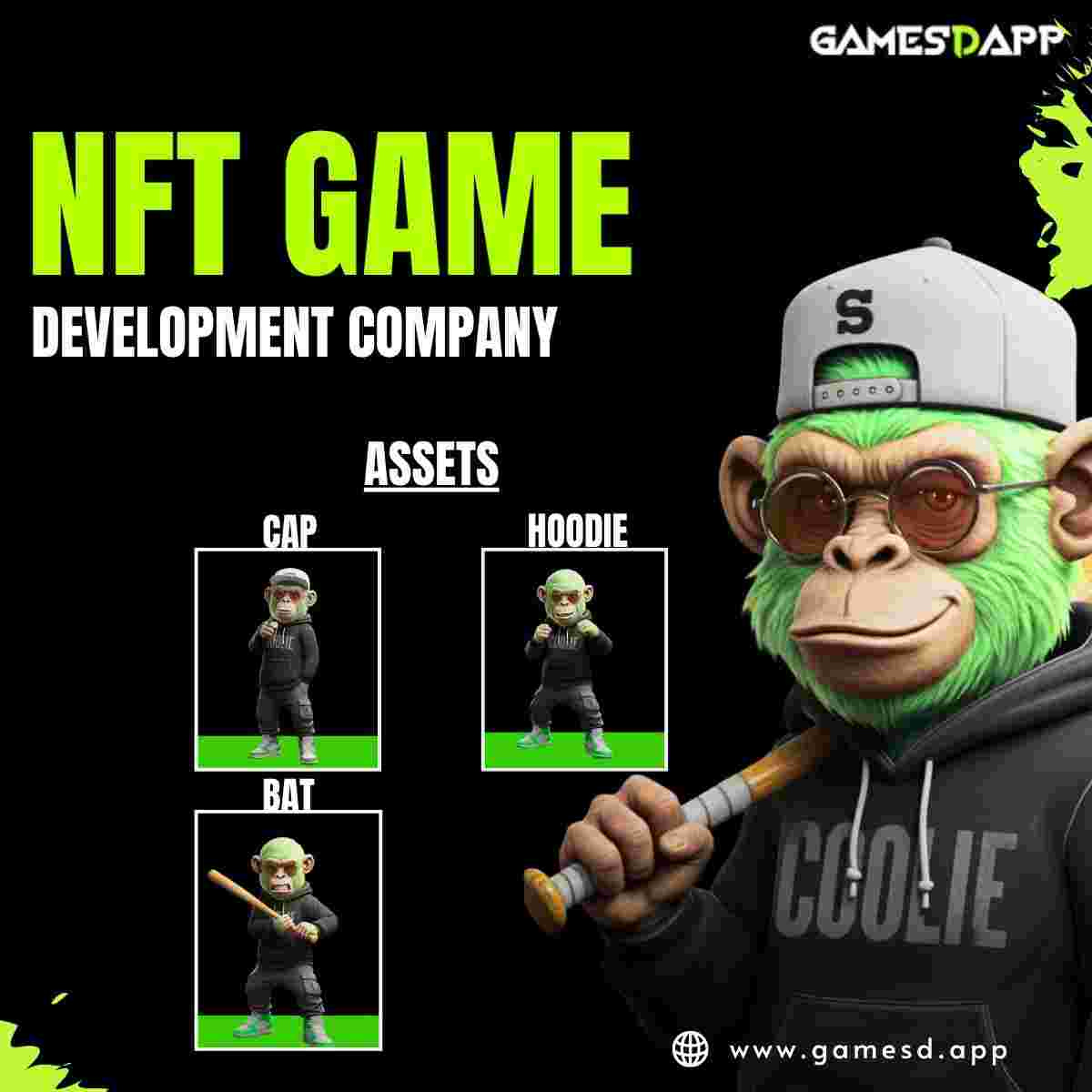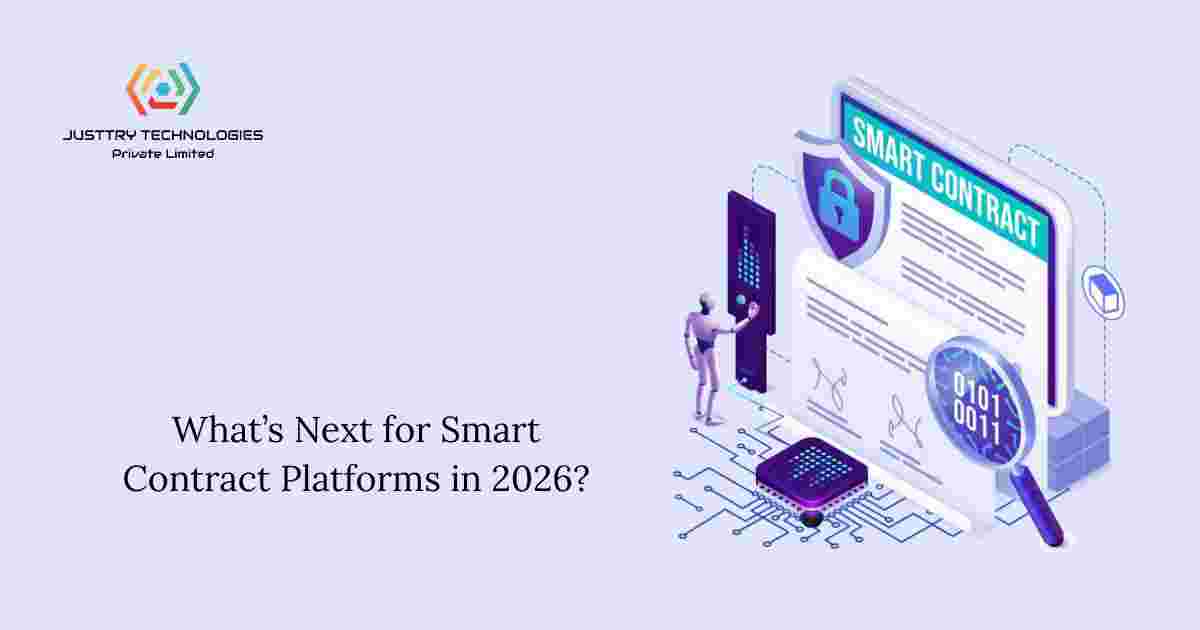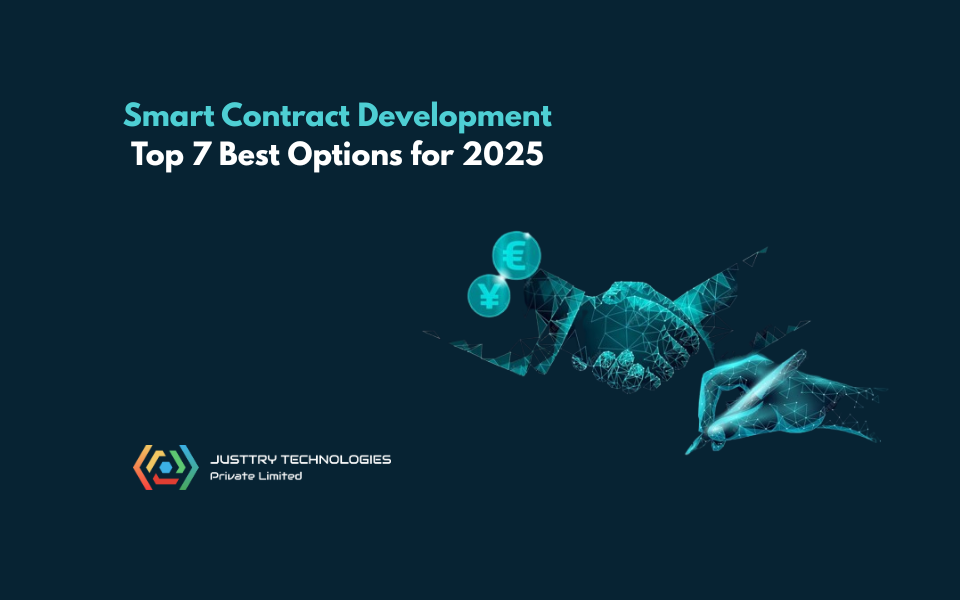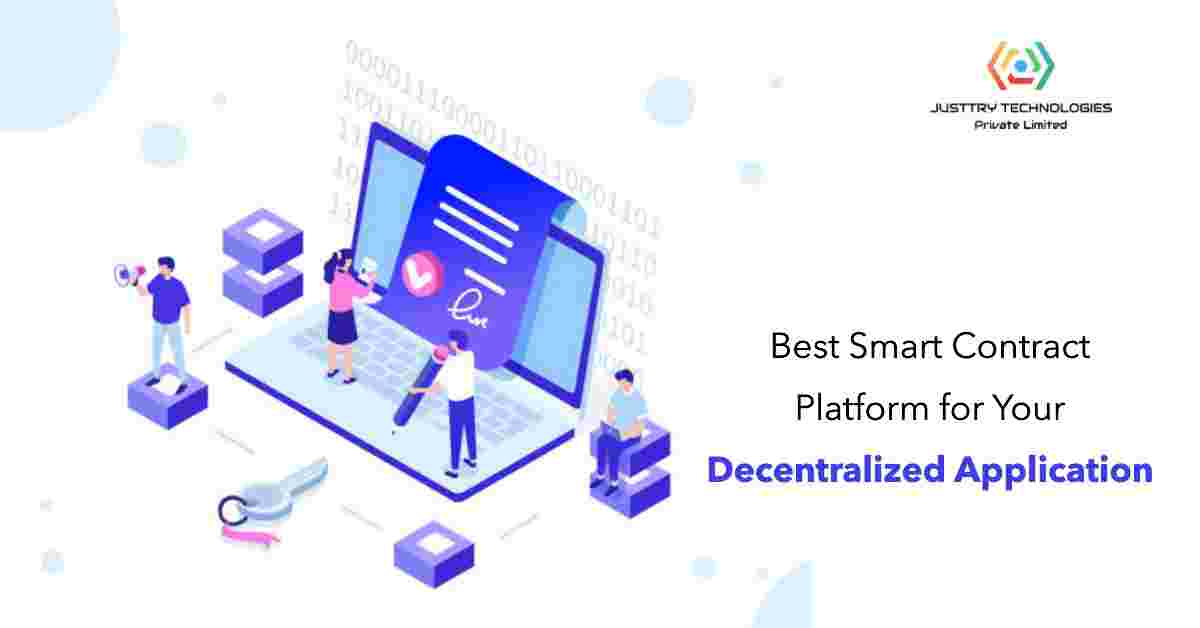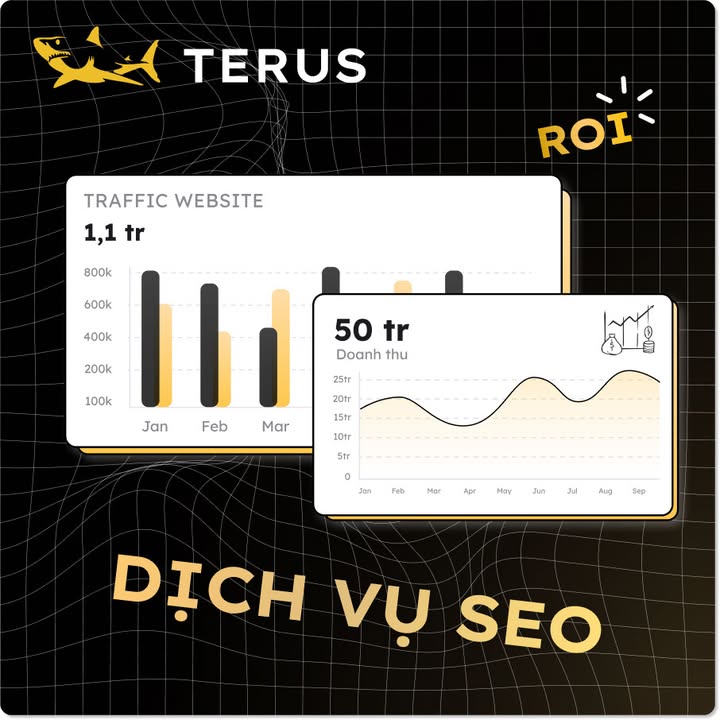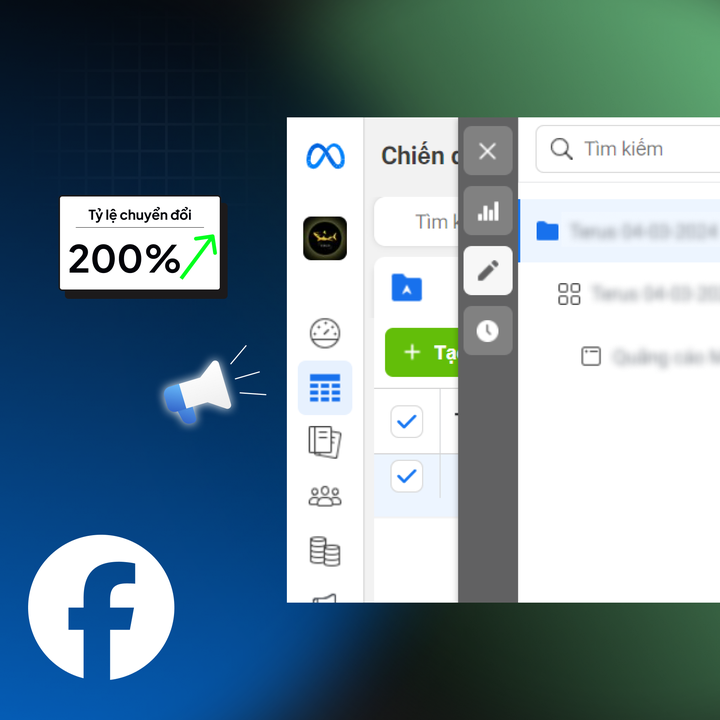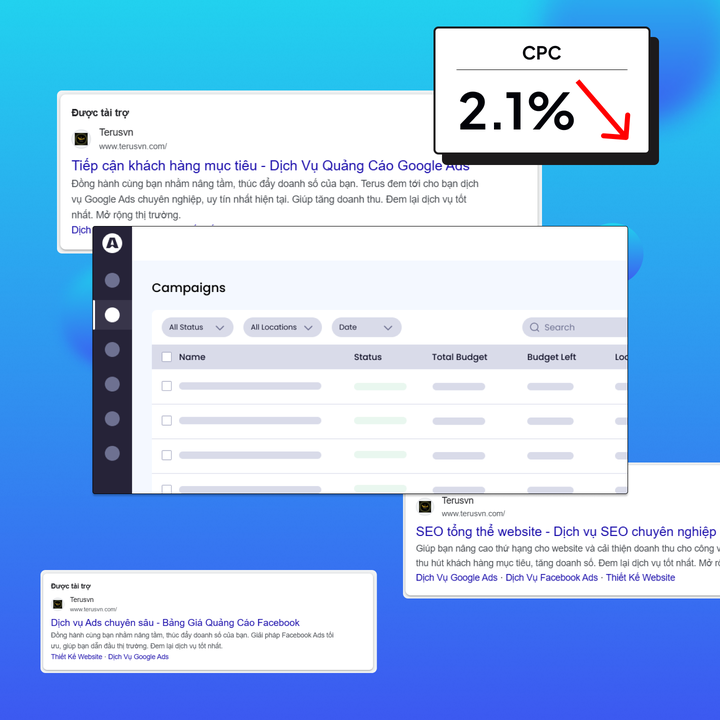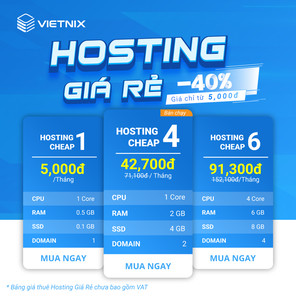How to Choose the Best Smart Contract Platform for Your Decentralized Application?
Choosing the right smart contract platform is a foundational decision for any decentralized application (dApp). It affects scalability, security, cost, and user experience. As Web3 matures, this choice demands both technical scrutiny and strategic alignment.
What is a Smart Contract Platform?
A smart contract platform is a blockchain environment where code executes automatically based on predefined conditions. These platforms facilitate the development of Web3 smart contracts that operate autonomously without intermediaries.
Key Factors to Consider
Scalability: Can the platform handle increased user load and transaction volume without congestion or high fees?
Security: Platforms must be resilient against exploits and offer robust auditing capabilities.
Developer Tools: A strong SDK, testnet, and community support accelerate the development process.
Cost Efficiency: Gas fees vary drastically. Ethereum can be expensive; Solana and Polygon offer cheaper alternatives.
Ecosystem Maturity: A healthy network of dApps, oracles, and integrations enhances project potential.
Top Smart Contract Platforms
Ethereum: The pioneer in blockchain smart contract development, known for reliability and security. Best for DeFi platforms, but gas fees remain high.
Solana: Ideal for high-speed, low-cost transactions. Great for gaming and micro-payment apps, though it has experienced downtime.
Polygon: A Layer 2 solution for Ethereum. Offers compatibility with existing Solidity code and significantly lower costs.
Avalanche: Offers customizable subnets and high throughput. Suitable for enterprise dApps and scalable defi smart contract systems.
Binance Smart Chain: Fast, affordable, and developer-friendly. A go-to for startups needing rapid deployment.
Platform Fit by Use Case
DeFi: Ethereum (with Layer 2s), Avalanche, or BSC offer the infrastructure needed for liquidity and composability.
NFTs: Solana and Polygon are cost-efficient and built for scale. Ethereum retains premium status.
Enterprise: For privacy and compliance, Avalanche and private Ethereum chains are often preferred.
Cross-Chain Compatibility
Modern dApps increasingly require interoperability. Platforms supporting cross-chain protocols and bridges expand utility, reach, and liquidity.
Working with Experts
Hiring a smart contract development company can reduce risk and improve outcomes. Firms like Justtry Technologies offer end-to-end smart contract development services, from architecture to deployment, helping you avoid costly pitfalls.
Conclusion
The ideal platform aligns with your technical needs and long-term vision. In the ever-evolving world of Web3 DeFi, are you choosing a foundation strong enough to support what your dApp could become?
Visit:
https://justtrytech.com/web3-smart-contract-development-company/, https://justtrytech.com/smart-contract-development-company/
Contact us: +91 9500139200
Mail address:
[email protected] #smartcontractdevelopmentcompany #smartcontractdevelopmentservices #smartcontracts #blockchainbasedsmartcontracts #web3smartcontracts How to Choose the Best Smart Contract Platform for Your Decentralized Application?
Choosing the right smart contract platform is a foundational decision for any decentralized application (dApp). It affects scalability, security, cost, and user experience. As Web3 matures, this choice demands both technical scrutiny and strategic alignment.
What is a Smart Contract Platform?
A smart contract platform is a blockchain environment where code executes automatically based on predefined conditions. These platforms facilitate the development of Web3 smart contracts that operate autonomously without intermediaries.
Key Factors to Consider
Scalability: Can the platform handle increased user load and transaction volume without congestion or high fees?
Security: Platforms must be resilient against exploits and offer robust auditing capabilities.
Developer Tools: A strong SDK, testnet, and community support accelerate the development process.
Cost Efficiency: Gas fees vary drastically. Ethereum can be expensive; Solana and Polygon offer cheaper alternatives.
Ecosystem Maturity: A healthy network of dApps, oracles, and integrations enhances project potential.
Top Smart Contract Platforms
Ethereum: The pioneer in blockchain smart contract development, known for reliability and security. Best for DeFi platforms, but gas fees remain high.
Solana: Ideal for high-speed, low-cost transactions. Great for gaming and micro-payment apps, though it has experienced downtime.
Polygon: A Layer 2 solution for Ethereum. Offers compatibility with existing Solidity code and significantly lower costs.
Avalanche: Offers customizable subnets and high throughput. Suitable for enterprise dApps and scalable defi smart contract systems.
Binance Smart Chain: Fast, affordable, and developer-friendly. A go-to for startups needing rapid deployment.
Platform Fit by Use Case
DeFi: Ethereum (with Layer 2s), Avalanche, or BSC offer the infrastructure needed for liquidity and composability.
NFTs: Solana and Polygon are cost-efficient and built for scale. Ethereum retains premium status.
Enterprise: For privacy and compliance, Avalanche and private Ethereum chains are often preferred.
Cross-Chain Compatibility
Modern dApps increasingly require interoperability. Platforms supporting cross-chain protocols and bridges expand utility, reach, and liquidity.
Working with Experts
Hiring a smart contract development company can reduce risk and improve outcomes. Firms like Justtry Technologies offer end-to-end smart contract development services, from architecture to deployment, helping you avoid costly pitfalls.
Conclusion
The ideal platform aligns with your technical needs and long-term vision. In the ever-evolving world of Web3 DeFi, are you choosing a foundation strong enough to support what your dApp could become?
Visit: https://justtrytech.com/web3-smart-contract-development-company/,
https://justtrytech.com/smart-contract-development-company/
Contact us: +91 9500139200
Mail address:
[email protected]
#smartcontractdevelopmentcompany #smartcontractdevelopmentservices #smartcontracts #blockchainbasedsmartcontracts #web3smartcontracts




